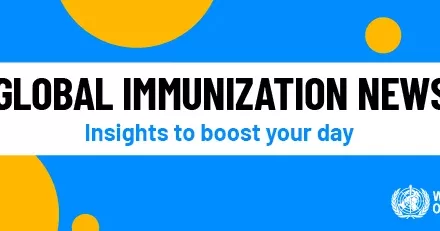A new study by researchers from two prominent academic medical centers has revealed critical insights into which infertile men may benefit from treatment with anastrozole, a drug traditionally used in managing hormone-related conditions. The study, published in the October 2023 issue of Fertility and Sterility, involved 90 infertile men and discovered that those with azoospermia—complete absence of sperm in their ejaculate—rarely respond to anastrozole. Conversely, men with nonazoospermia (partial presence of sperm), lower levels of luteinizing hormone (LH) and follicle-stimulating hormone (FSH), and higher testosterone levels are more likely to see improvements in semen quality.
This groundbreaking research was conducted by scientists at Cleveland Clinic and the University of California, Los Angeles (UCLA) as part of the inaugural project of the Male Organ Biology Yielding United Science (MOBYUS) consortium. The MOBYUS initiative, launched last year, is a collaboration between 14 U.S.-based academic medical centers that aims to deepen the understanding of male infertility and expand treatment options.
MOBYUS: A Collaborative Approach to Male Infertility
MOBYUS stands out for its multi-institutional model, allowing researchers to pool deidentified patient data from various centers to generate larger datasets, even for rare conditions. This approach addresses one of the most significant challenges in male infertility research: the small number of participants in many studies, which limits the scope of findings.
“We treat the right men with these medications, and about 40% will improve their fertility,” said Dr. Scott Lundy, section head of male infertility at Cleveland Clinic’s Glickman Urological and Kidney Institute and co-author of the study. “These studies have helped identify which groups of men are most likely to benefit from treatment.”
Lundy, who conceived the MOBYUS consortium, noted that male infertility treatments lag behind those for other conditions, including female infertility. “Our goal is to identify new, data-driven ways to help men become fathers, whether through medications, surgeries, or combination therapies,” he added.
Expanding Treatment Options
In addition to the anastrozole study, the consortium conducted another investigation into combination therapy with clomiphene citrate and anastrozole. This study, published earlier in Translational Andrology and Urology, found modest benefits on semen parameters—such as volume, concentration, and motility—compared with anastrozole alone.
Lundy hopes that these findings will translate into improved clinical practices. “Many of us are already providing more carefully selected patients with these therapies, and we’re seeing good outcomes,” he said.
Addressing Male Infertility: A Global Challenge
One in six couples faces difficulty conceiving, with male-factor infertility contributing to at least half of these cases. Despite its prevalence, male infertility often receives less attention than female infertility, and societal stigma makes it a difficult subject for many to discuss openly. MOBYUS aims to change this dynamic.
Dr. Catherine Nam, a principal investigator at the University of Michigan and lead author of a MOBYUS publication, emphasized the importance of raising awareness. “Infertility is a sensitive topic, and there’s less conversation about male infertility compared to female infertility,” she said. “We need to elevate these discussions to improve protocol and policy outcomes.”
Nam added that being part of MOBYUS has been an invaluable experience as a young investigator. “Collaborating with experts across different institutions has opened doors to new ideas and discoveries,” she said.
The Path Ahead
MOBYUS researchers are already seeing significant results. The consortium has published three proof-of-principle papers, and its growing database, now containing data from more than 4,000 patients, is expected to yield even more robust insights in the future.
The consortium is also expanding its presence in the field of reproductive medicine, with planned presentations at upcoming conferences such as the American Society for Reproductive Medicine Scientific Congress & Expo in Denver and the Sexual Medicine Society of North America’s annual fall meeting in Scottsdale, Arizona.
By leveraging large datasets and fostering collaboration among leading institutions, MOBYUS hopes to uncover new treatment pathways for men experiencing infertility. As the research progresses, clinicians and patients alike can look forward to more personalized and effective treatment options in the quest for fatherhood.












